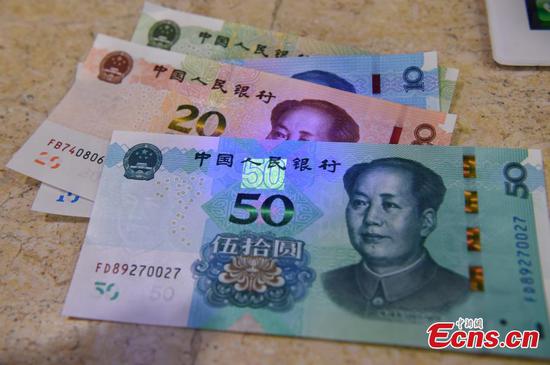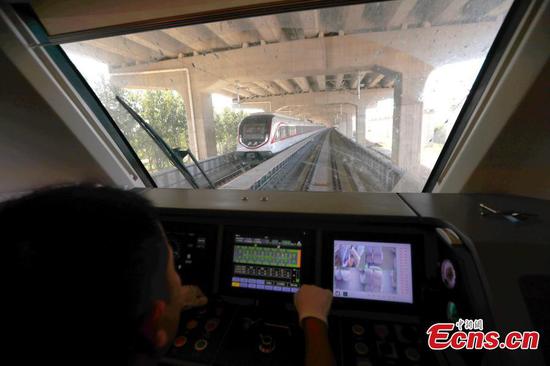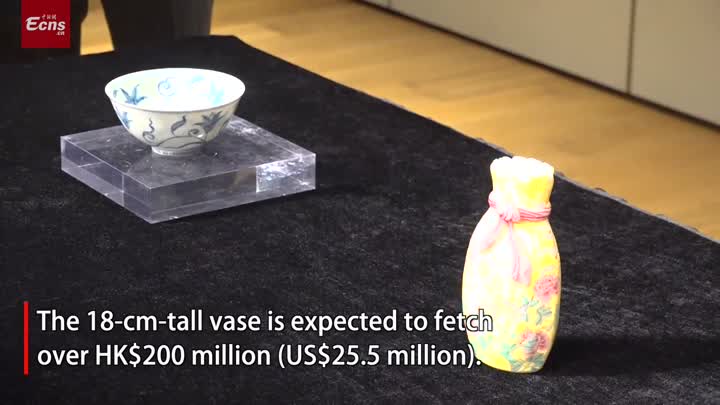Authorities crack down on P2P players to sift out frauds and rein in runaway growth
In 2015, the online peer-to-peer or P2P lending sector was booming in China, with over 3,400 platforms vying to offer financing to small businesses and individuals. Now, their number has shrunk drastically to less than 800.
A big question mark hangs over the sector's future like a Damoclean sword. Aggressive expansion and numerous high-profile frauds have prompted an unprecedented regulatory scrutiny and crackdown on the sector.
According to estimates by wdzj.com, or the Home of Online Lending, an online lending data provider, transaction value of P2P platforms also declined by more than 62 percent year-on-year to about 90 billion yuan ($12.6 billion) in July. Total outstanding value of loans stood at almost 667 billion yuan, down by 30 percent year-on-year.
The sector suffered a further setback after Lufax, one of China's largest online wealth management platforms, which is backed by financial giant Ping An Insurance, was reported to be planning an exit from the P2P business. The company later said it is shrinking its P2P business - it neither confirmed nor denied the news report.
"Everyone in the industry seems to be anxious at the moment. Each time there is news about a scandal or a business shutdown, it is a blow to investors' confidence. A single case could lead to a chain reaction that causes liquidity risks for platforms including well-established ones," said an executive of an online lending platform who asked not to be identified.


















































